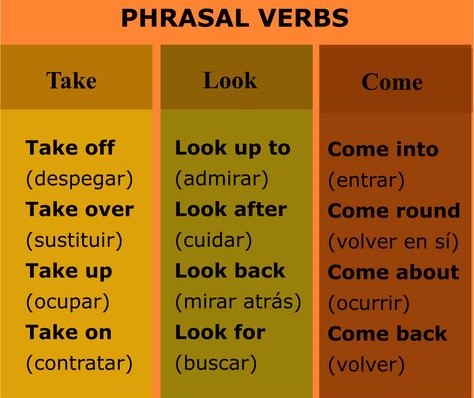WORD FORMATION 2

Word formation, in linguistics, refers to the processes through which new words are created in a language. It involves the construction of new words, either from existing words or from word parts like prefixes, suffixes, and roots. Word formation is a crucial aspect of language evolution and expansion. Here are some key points to understand about word formation: Derivation: Derivation is one of the primary processes of word formation. It involves adding prefixes or suffixes to an existing word to create a new word with a modified meaning. For example: "Unhappy" - The prefix "un-" is added to "happy" to create a new word with a negative meaning. Compounding: Compounding is another common word formation process. It involves combining two or more words to create a new word. Compound words can be written separately (open compounds), hyphenated (hyphenated compounds), or as a single word (closed compounds) . Examples include: Open: "ice cream" ...

